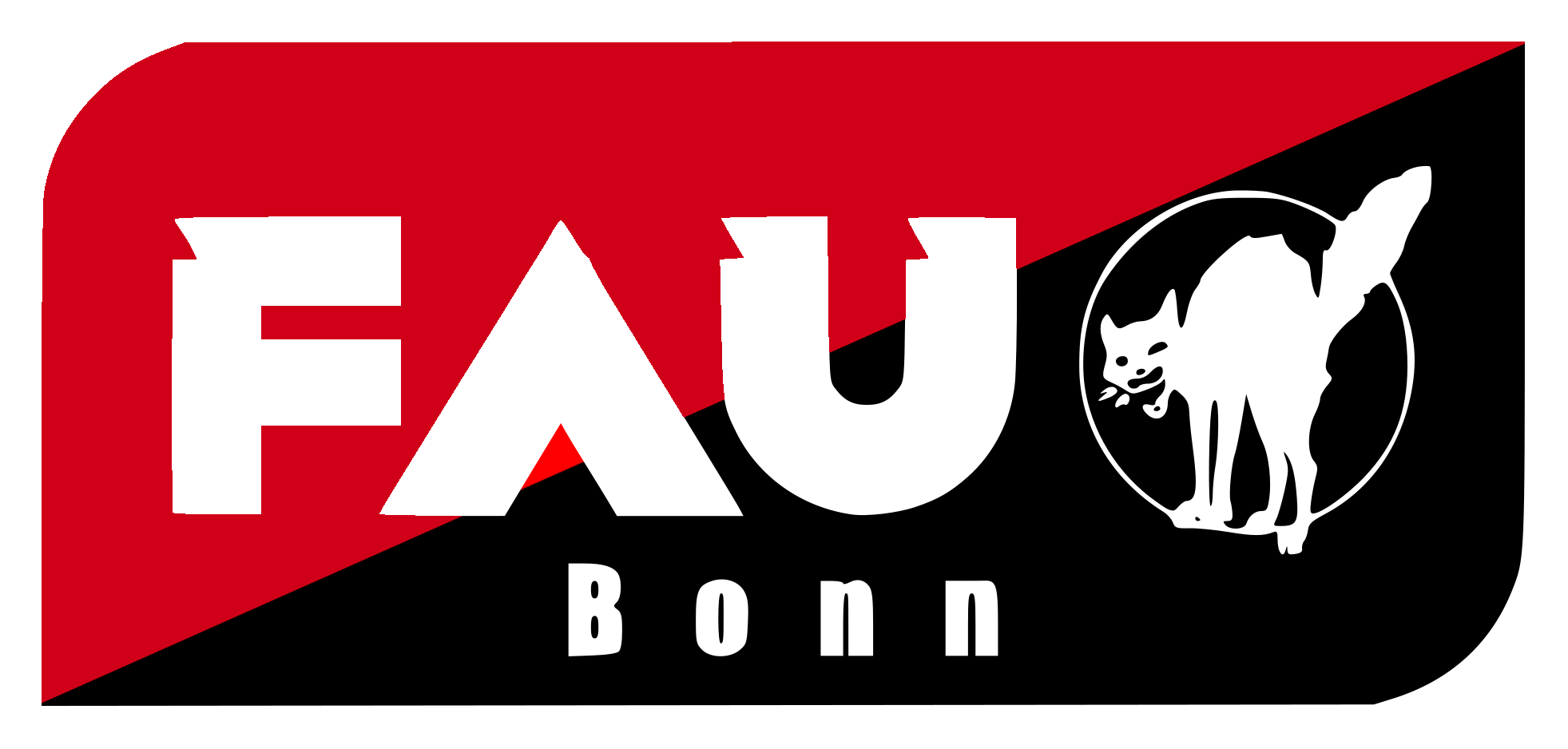![]() On Friday, May 15, 2020, roughly 200 harvest workers working on the farm Spargel & Erdbeerhof Ritter in Bornheim near Bonn went on strike. The insolvent company managed by law firm Schulte-Beckhausen had decided to throw the mostly Romanian workers out and to cast them out of their lodgings in the next few days. We have been accompanying, supporting and organizing on site since day one.
On Friday, May 15, 2020, roughly 200 harvest workers working on the farm Spargel & Erdbeerhof Ritter in Bornheim near Bonn went on strike. The insolvent company managed by law firm Schulte-Beckhausen had decided to throw the mostly Romanian workers out and to cast them out of their lodgings in the next few days. We have been accompanying, supporting and organizing on site since day one.
The last workers left Bornheim a week after we arrived. Our work on the strike in Bornheim is far from over. Nevertheless, we would like to put on record what we have achieved:
- Wages: One of the strikers’ central demands was the payment of wages for the work already done. Due to the pressure created by our public relations work and our constant presence on site, as well as two demonstrations both in Bornheim in front of the payment office (May 18) and in front of the responsible law firm in Bonn city center (May 19), we achieved further payments. We were able to prevent the workers from being pressured to sign termination agreements and our legal counsel was able to accompany the payments. Nevertheless, numerous payments were still too low. We are currently working on claiming the outstanding amounts in court.
- Accommodation: The cancellation of employment contracts and the refusal to pay wages for work already done was accompanied by the threat of putting the workers on the streets. Once again, public relations work, and above all our presence and the presence of our supporters on site prevented evictions – even as after eight days after the start of the labor dispute, most of the workers had already left and the press had slowly lost interest in the conflict.
- Journey home: Many of the workers were soon exhausted and wanted to go home to Romania, be it to return to their families or to look for new jobs. At the end of the demonstration through downtown Bonn on May 19, we went to the Romanian consulate together. A workers’ delegation and a FAU representative asked the consul general for funds so the workers could travel home. He and the Romanian Minister of Labor, who came to Bornheim the next day, pledged their support on several occasions. In fact, as was to be expected, only lip service was paid and the consulate and the minister supported the workers only in a rudimentary manner. Instead, we were able to rely on the solidarity of our support network and provide the workers with funds for their homebound journey.
- New jobs: A further number of workers was looking for new jobs in Germany – after all, they had originally prepared to work in Bornheim for a few weeks or months and to earn money to bring home. Again, the Romanian authorities’ commitments remained empty-handed. Instead, we were able to spontaneously make new contacts and to find new jobs in a self-organized way. A remarkable development could be observed as workers no longer accepted offers for new jobs straight away. Instead, teams of workers, interpreters and FAU union representatives were put together to gain an impression of the situation on site. Occasionally, a job offer was refused due to inadequate contracts and insufficient accommodation. The workers no longer accepted unworthy treatment; they had emancipated themselves.
- Public relations and public attention: Of course, public relations work helped the strikers in Bornheim a lot. (Numerous media in Romania, Germany and many other countries reported on the strike in newspaper articles, radio reports and film recordings.) In addition, the high level of attention also cast a light on fundamental, structural problems of the sector. Among other things, an anonymously recorded video showing the catastrophic housing conditions for seasonal workers was distributed online. The conditions in Bornheim were deficient neither only due to the bankruptcy of this particular company, nor are they an isolated case, but a common example for the conditions in the industry. We hope that people will continue paying attention to this issue. Above all, however, we hope that this successful example of a self-organized strike will pose an example so that workers everywhere will stand up against exploitation conditions.
- Solidarity: The strike has shown how necessary solidarity in practice can be and which forces it can develop. We are infinitely grateful for the countless people who got to considerable lengths and invested their precious time and nerves to support the strike. This help made a decisive contribution to the success; be it through translations, sharing attention, donating in kind and money, lending equipment, by sharing of good tips, experiences and contacts, through spontaneous tackling, as legal counsel, through shuttle services and the sheer presence on site. It was also remarkable for us that it was possible to bridge gaps between different political orientations and organizations in order to support the emancipatory, self-organized labor conflict. We thank all our supporters for all their help and flexibility.
Solidarity is our weapon.
# 1world1struggle

